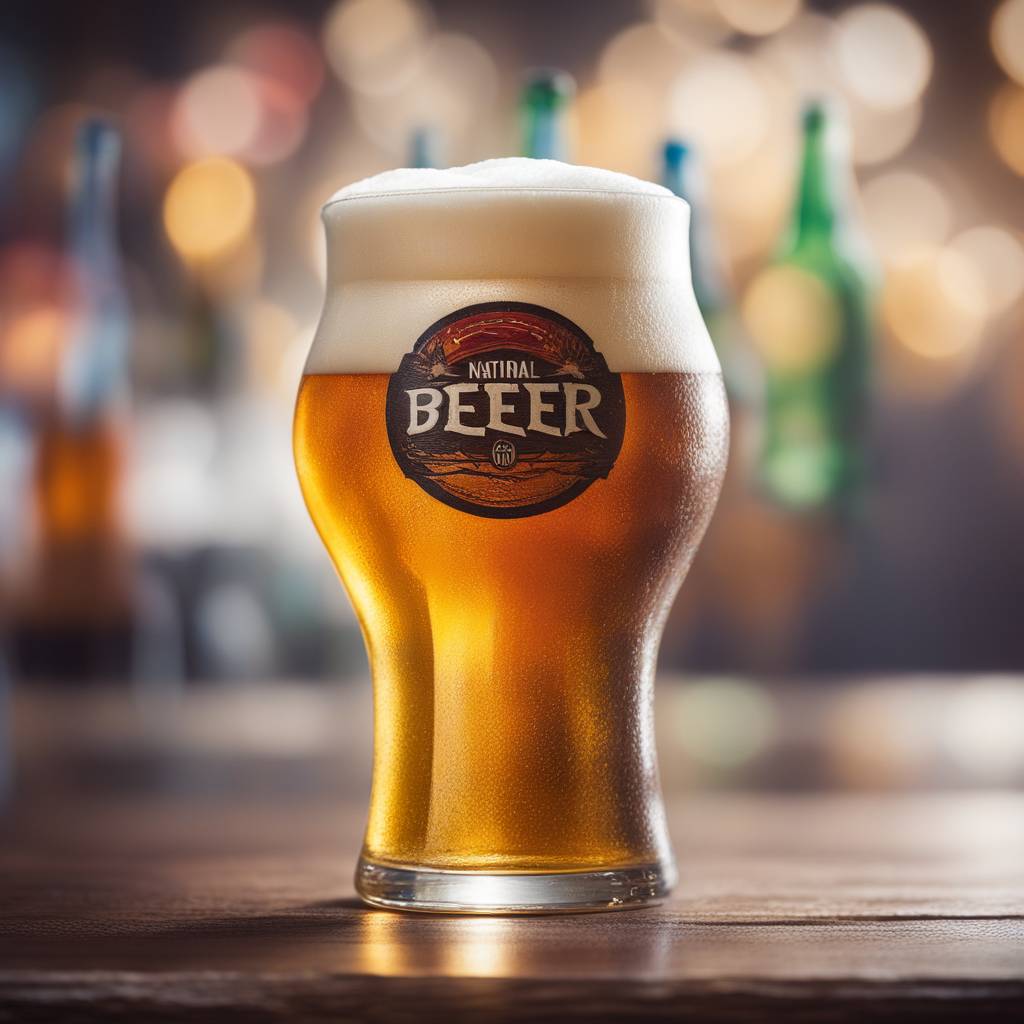National Beer Day is a time to celebrate with a drink, but it’s important to understand how alcohol impacts your sleep quality. While alcohol can initially make you feel relaxed and help you fall asleep, it ultimately disrupts your sleep cycle. Alcohol is a temporary fix for underlying sleep issues, and swapping out a nightcap for relaxing activities in your nighttime routine can be more beneficial for quality sleep. Understanding how alcohol affects sleep is crucial in maintaining a restful night’s sleep.
Alcohol is a central nervous system depressant, which gives you that relaxed feeling and can contribute to falling asleep. However, alcohol disrupts REM sleep, which is essential for restorative sleep. While alcohol may help you fall asleep quicker, it does not provide the benefits of uninterrupted REM sleep throughout the night. This lack of REM sleep can lead to decreased daytime alertness and reduced performance. Alcohol’s impact on sleep quality goes beyond heavy drinking and can occur with just a drink or two close to bedtime.
One of the ways alcohol affects sleep is by suppressing melatonin production in the body. Melatonin helps regulate the sleep-wake cycle, and alcohol consumption can throw this cycle off balance. Alcohol reduces the production of melatonin, regardless of the time of day, which can lead to difficulties in falling asleep and staying asleep. Additionally, alcohol can amplify the effects of sleeping disorders such as obstructive sleep apnea and insomnia. Alcohol consumption can worsen these conditions and contribute to lower oxygen saturation levels during sleep.
To improve sleep quality after drinking alcohol, it’s essential to pay attention to how alcohol impacts your sleep patterns. Keeping a sleep log can help you identify any patterns related to sleep quality and alcohol consumption. It’s recommended to stop drinking alcohol at least four hours before bedtime to avoid the negative effects on healthy sleep. Timing your drinks and setting limitations for your body’s needs can help you enjoy a drink while still getting quality sleep. Understanding the nuances of alcohol’s impact on sleep can help you make informed decisions about your nighttime routine.
While enjoying a drink on National Beer Day or any day is a common social activity, it’s important to be aware of how alcohol affects your sleep. Alcohol can disrupt REM sleep, suppress melatonin production, and amplify the effects of sleeping disorders. Practicing good sleep hygiene and paying attention to how alcohol impacts your sleep can help you enjoy a drink while still getting restful sleep. By understanding the impact of alcohol on sleep quality and implementing strategies to improve sleep, you can ensure a better night’s rest and wake up feeling refreshed and rejuvenated.


